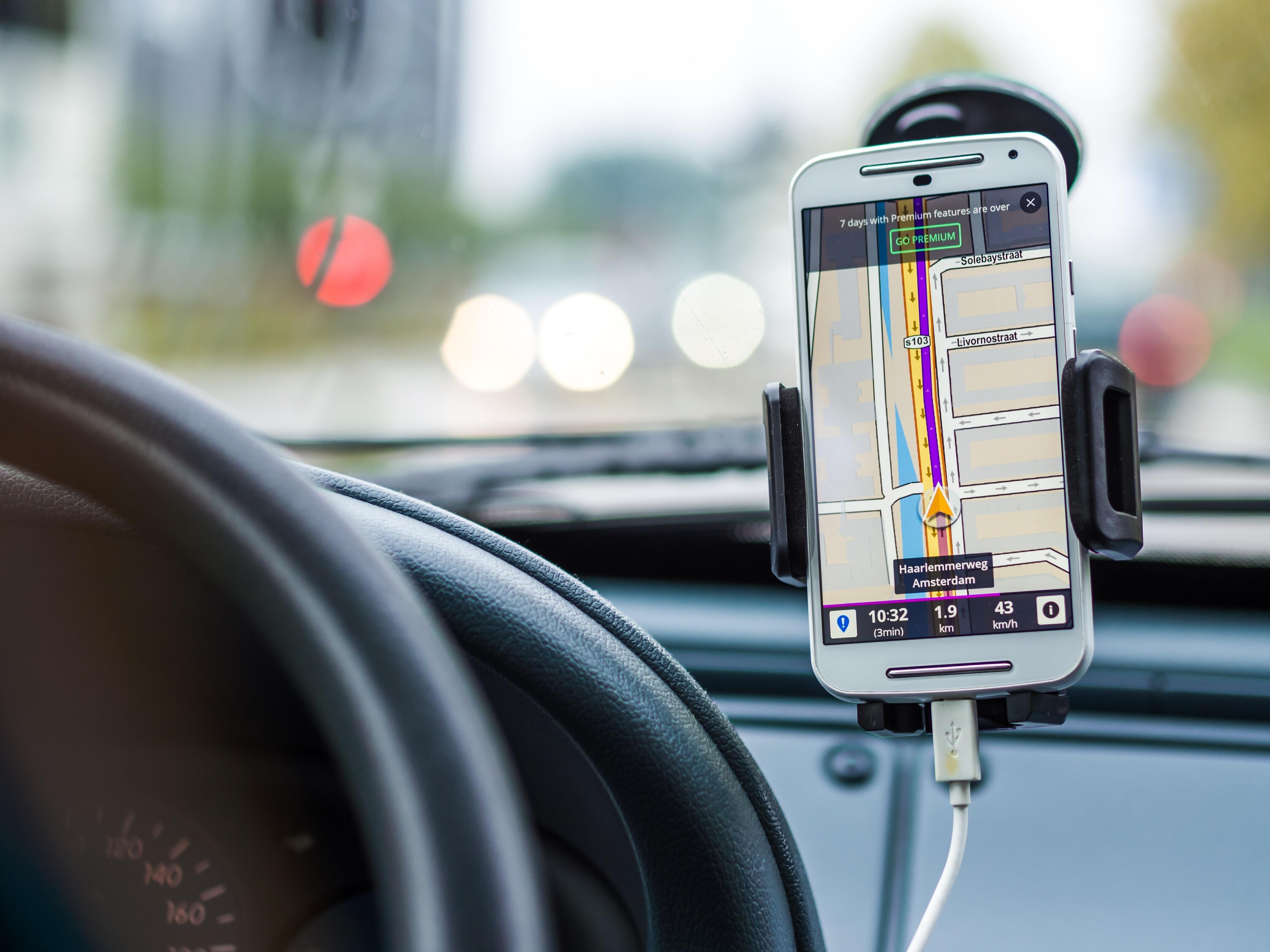Who Pays When Self Driving Cars Are In Car Accidents?

The question of who pays when a self driving car causes an accident is currently unclear. This is new legal territory, but it is time to start answering the question since manufacturers are proposing to make cars available for purchase in 2019 -- in less than 2 years.
The Obama administration asked the Department of Transportation to propose national testing and safety standards in 2016. However, the question of liability and responsibility will be decided by the car manufacturers or automobile insurance.
Several pioneers of self-driving cars like Volvo, Google, and Mercedes Benz pledge to accept liability if their vehicles cause accidents. Why would car manufacturers agree to pay? One reason is that these new 'autopilot cars' will include many backup systems and technology to avoid accidents. This makes it a relatively safe bet for carmakers to say they will pay for crashes because they are convinced that computer drivers will be safer than human drivers. Insurance Institute for Highway Safety data shows crash avoidance braking reduced rear end collisions by 40%. Another reason is that car manufacturers want to convince people to buy their self driving cars and they can factor liability risks into the purchase price.
Legally, car manufacturers of autonomous cars are squarely in the liability chain as they designed, engineered, and programmed the vehicles. Product liability legal theories are advanced and capable of covering these issues. For example, car manufacturers must exercise a reasonable degree of care when designing their product.
As computerized, self-driving cars come closer to reality, answering these and other complicated insurance coverage issues will be important to ensure the speedy acceptance of all this exciting new technology.